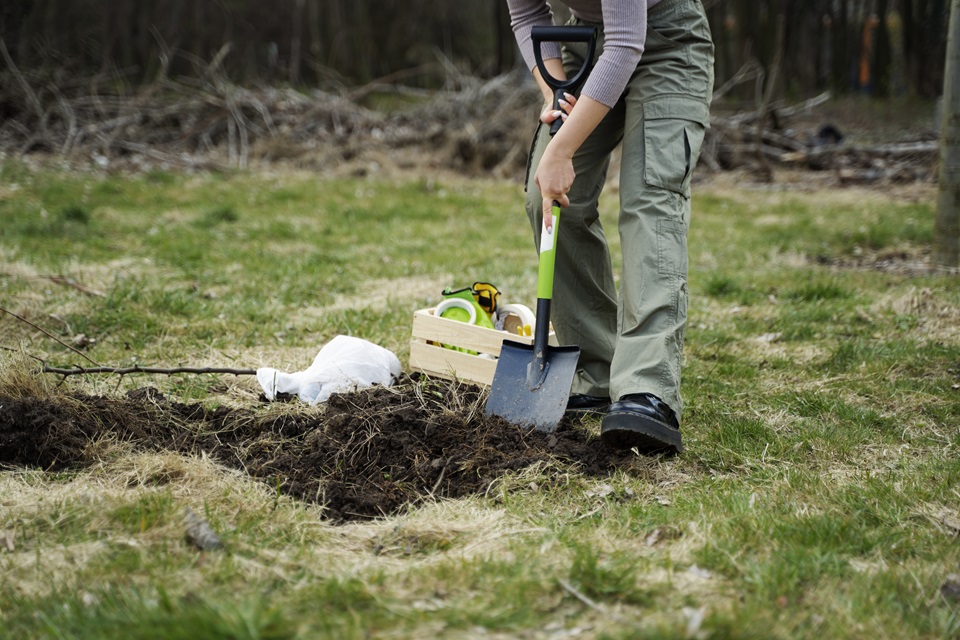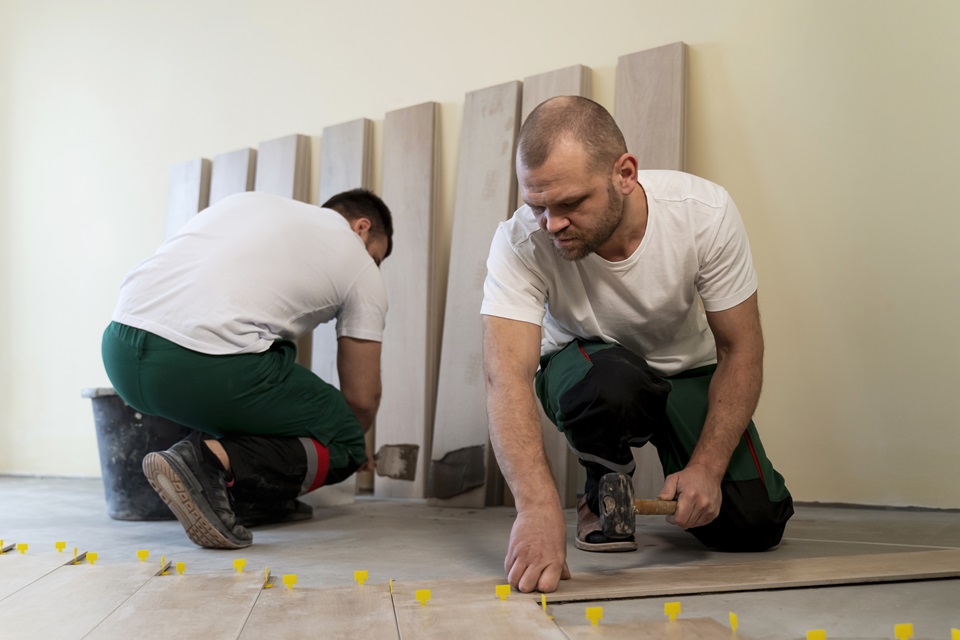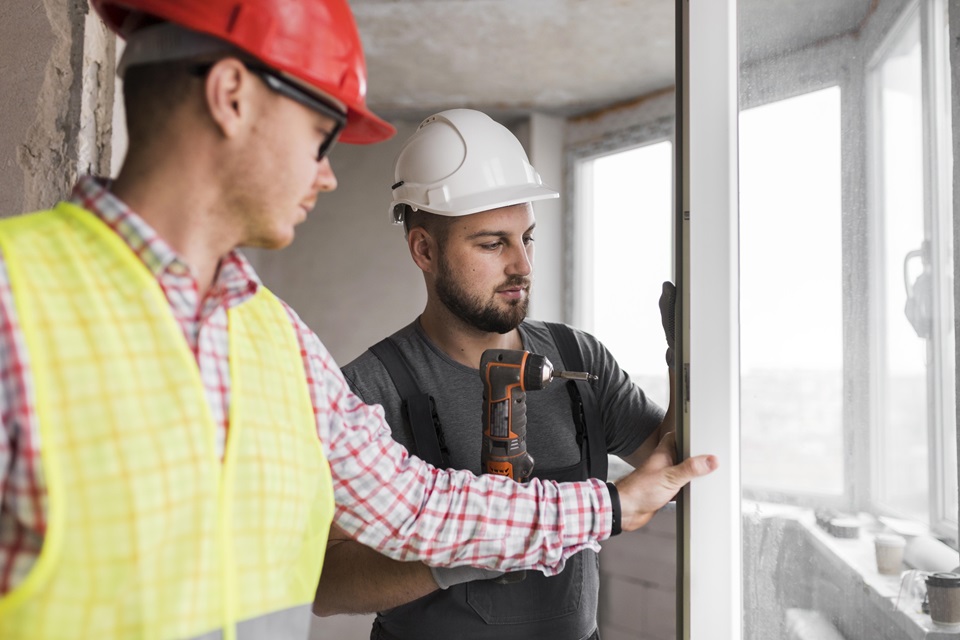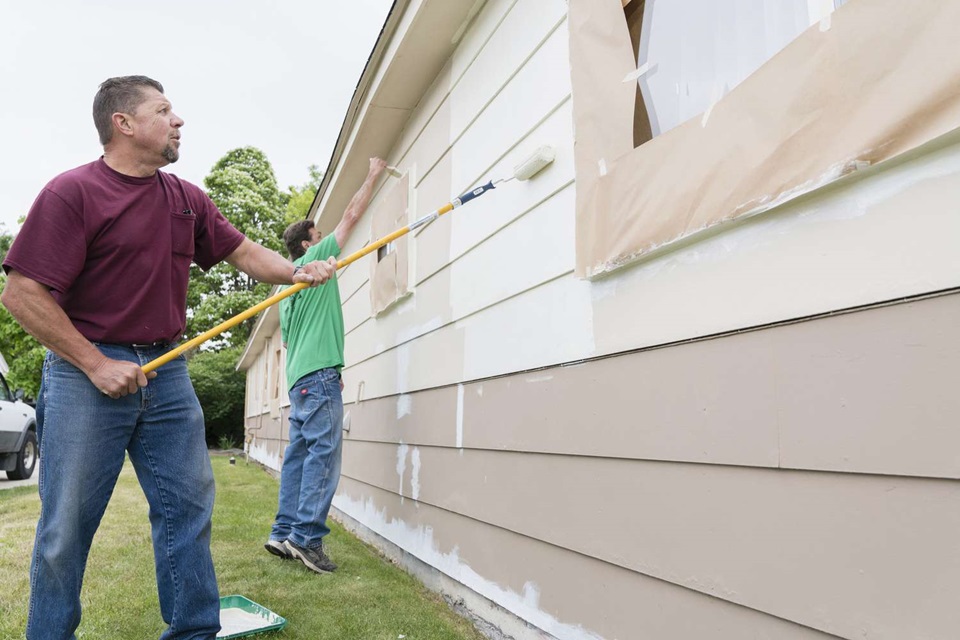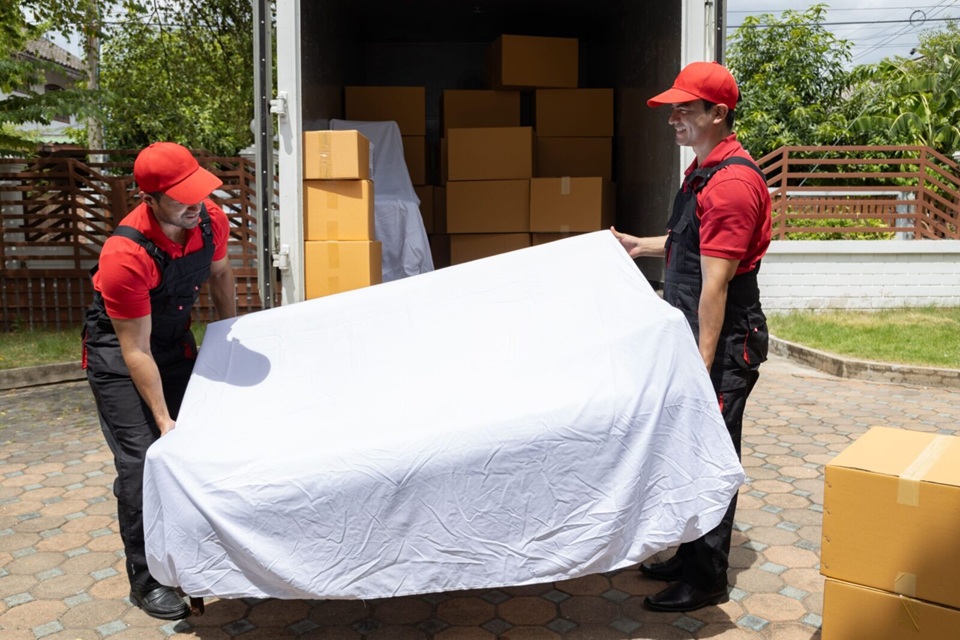
How Decluttering Contributes To A Healthier Living Space
Maintaining a clutter-free environment is more than a mere aesthetic choice. It’s about fostering a space that enhances your mental and physical health. Studies have shown that a tidy home can significantly reduce stress and anxiety, promoting peace and productivity in your everyday life. Cluttered spaces have been found to increase levels of the stress hormone cortisol, leading to potential health issues over time.
Incorporating decluttering into your routine lets you focus more clearly and live more mindfully. You can create an environment that supports your well-being by consciously choosing what remains in your living space. For larger items, working with local furniture removal specialists can help you remove unwanted pieces efficiently while minimizing stress. They offer the professionalism and expertise to handle bulky and delicate furniture responsibly.
Understanding The Environmental Impact Of Furniture Disposal
Furniture disposal poses significant environmental challenges. Many items end up in landfills, contributing to pollution and waste. Landfills are a substantial source of methane emissions, a potent greenhouse gas contributing to climate change. Choosing more sustainable options like donating, recycling, or repurposing can significantly reduce the environmental footprint of discarded furniture. Opting for eco-friendly disposal methods, such as recycling or donating, can dramatically reduce environmental impact.
Furniture contains materials that decompose slowly, releasing harmful chemicals into the soil. Therefore, understanding and choosing sustainable disposal options can be crucial in protecting our planet for future generations. By making informed decisions about furniture disposal, individuals contribute to a global effort to reduce waste and preserve natural resources.
Tips For Efficient Furniture Removal
When it comes to furniture removal, a strategic approach is key. Start by categorizing items into those you want to keep, sell, donate, or recycle. This will streamline the decluttering process and ensure that no energy is wasted on unnecessary steps. Effective planning is essential for managing time and resources efficiently. Setting specific goals and deadlines can be beneficial to keep the process on track.
Consider utilizing community services or bulk collection events to aid in disposal. These services often provide convenient and cost-effective options for removing large items. Additionally, partnering with professional removal services can simplify the process, ensuring quick and effective handling of bulky items. These experts often provide valuable advice on safe moving practices, reducing the risk of damage or injury during removal.
Creative Upcycling Ideas For Old Furniture
Upcycling offers a creative way to breathe new life into old furniture. With imagination, outdated pieces can be transformed into functional art. For instance, an old ladder can become a trendy bookshelf, or a vintage door might serve as a unique table surface. Such projects showcase personal creativity and enhance home aesthetics without requiring new purchases.
Upcycling saves money and reduces waste, aligning with environmental sustainability goals. It’s a rewarding venture that adds personality and character to your home while being kind to the earth. Engaging in upcycling can also inspire others to think innovatively about the potential of items often considered useless, creating a ripple effect of sustainability efforts in the community.
Organizing Without The Stress
Effective organization doesn’t have to be stressful. Begin with small, manageable tasks and complete one area before moving on to the next. This step-by-step approach can prevent feeling overwhelmed by the scope of organizing. Storage solutions such as baskets, shelves, and containers are used to maintain order and prevent future clutter build-up.
Consistency is crucial. Develop daily habits that support your organizational efforts, ensuring that your living space remains a place of calm and order. This can include dedicating a few minutes daily to tidying up and reassessing items regularly to prevent accumulation. Over time, these habits form a natural part of the daily routine, making the organization an effortless part of life.
Donating Furniture: Making A Difference In Your Community
Donating furniture is an excellent way to support your community. Many charities and local organizations accept gently used items and direct them to individuals and families in need. This generosity lightens your load and provides invaluable assistance to others, fostering a sense of community and shared responsibility.
Giving your furniture a second life extends its usefulness and contributes to a cycle of sustainability. It reduces the need for new resources to produce additional goods, decreases waste, and supports a more circular economy where products and materials are reused as much as possible. This initiative can have wide-reaching positive effects, empowering individuals in the community and encouraging others to donate.
Making Space: Minimalist Lifestyle Benefits
Adopting a minimalist lifestyle can yield profound benefits. By focusing on essentials, you develop a decluttered, organized living space that fosters serenity and purpose. A minimalist home can enhance clarity and reduce distractions, allowing for more meaningful and focused engagement with one’s environment. As minimalist lifestyle resources highlight, concentrating on what’s truly important can enhance overall happiness and life satisfaction.
Minimalism encourages mindful consumption, reducing financial stress, and a more fulfilling life. By removing the excess, individuals experience increased freedom and a more profound appreciation for the present moment. The minimalist lifestyle promotes resourcefulness and gratitude, significantly impacting overall well-being and contentment.
Safety First: Handling Bulky Items Properly
Safety is paramount when dealing with large furniture pieces. Bulky items present a risk if not handled correctly, potentially causing injury or damage to property. Employ proper lifting techniques to prevent injury and use appropriate equipment, such as dollies and straps, to ease the moving process. Adequate preparation and awareness are vital to executing safe and efficient movements.
Consider hiring professionals if the task feels too burdensome. They possess the skills and tools necessary to safely transport bulky items, ensuring your safety and your furniture’s protection. This extra precaution can prevent accidents and ensure that the removal process is completed smoothly and efficiently, saving time and potential headaches in the future.






